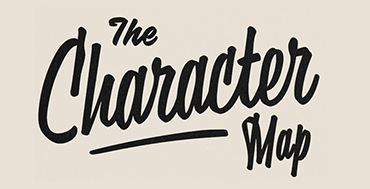#ThinkpieceThursday – The Blade Runner films and Vulnerability
Thinkpiece Thursday
Be warned, MAJOR spoilers follow for both Blade Runner and Blade Runner 2049!
Popular wisdom has it that Harrison Ford’s voice over in the original Blade Runner was added when the film tested badly with audiences. Roy Batty (Rutger Hauer) had a moment of vulnerability so powerful it made Rick Deckard (Harrison Ford) look like the bad guy.
The most potent tool in creating the emotional connection with the audience is vulnerability. In the end, Batty valued life so highly he was willing to save the man hell-bent on killing him. It is a sense of humanity so deep and so profound that it mitigates all of Batty’s evil acts throughout the film. The scene shows Batty has grown into a real human being.
The only way to save the film and preventing the audience from thinking Deckhard is an a-hole was to voice Deckhard’s thoughts and feeling in voice-over. Below is the scene that forced the change.:
Blade Runner 2049, unfortunately, contains no scene even remotely as powerful. Whilst it is unbelievably beautiful in a visual sense, it falls flat in the vulnerability and humanity of its characters.
BR 2049 lacks an opposing character as dynamic and engaging as Roy Batty. Adding to the problem, Harrison Ford’s Deckard is subdued here, offering little of the rakish charm of the original. Maybe this is due to his much-speculated drug use. He seems flattened out and a bit mechanical.
This sequel does ramp up the remorse Deckard has always felt for the life he led and the mistakes he’s made. There’s not much character growth here.
All Roy Batty wanted was to live beyond slavery and experience what it is to be human. Batty ultimately he achieves the humanity he desires by showing mercy to Deckard as Deckard is about to slip to his death. Jared Leto BR 2040‘s lead villain, the closest equivalent character, barely appears and provides no real emotional catharsis.
Comparing the Replicants, K aside, in the sequel to the likes of Rutger Hauer and Daryl Hannah demonstrates, to my mind, the sequel is emotionally inferior. We never feel for anyone, let alone our antagonist.
Agent K, or “Joe” (Ryan Gosling) learns he is, in fact, human instead of a Replicant. The film is far too focused on him unraveling the mystery of his identity rather than understanding the meaning of this discovery or the devastating impact it has on the characters and world of Blade Runner 2049.
Below is a video essay that explains the brilliance of the original Blade Runner:



Create a visual map for a character’s emotional journey. Pull stories from character rather from rote story structure beats. Some of the largest international media companies, use this in story and character development.


A clear concise guide for writers and producers to have by their side as they embark on a project. It gives a really vital reminder of what is key for story success.

No comment yet, add your voice below!